Voneus CEO on the “unrealistic” 2025 UK Gigabit Broadband Target

Q6. In keeping with the above, Ofcom has begun to consult on some of the changes that might be needed in order to help facilitate investment in new full fibre and Gigabit-capable broadband networks (here and here).
Many of the proposals relate specifically to Openreach, but some – such as migration processes for full fibre networks (moving away from copper), a new Dark Fibre product and regulation that varies by geographic area – may also affect other providers.
What are your thoughts on Ofcom’s proposals and do you think that they need to make any other changes in order to help the investment case and roll-out of such networks?
ANSWER:
Ofcom’s recent proposals contained within the FTMR is something we are aware of and something we are working with our industry partners, INCA, WISPA and ISPA to respond to.
In particular, the way Ofcom is looking to divide the country into three areas is a cause for some concern, especially in relation to Area 3. It is imperative for the UK to create the right environment for Alt Nets and their investors to succeed in providing Gigabit-capable speeds to all areas of the UK, especially the hard-to-reach, rural areas.
As it stands, Ofcom’s approach seems to offer preferential terms to Openreach, incentivising their ability to build in Area 3, which is likely to cause further overbuild, and thus reduce the appetite for private investment in businesses with a rural focus.
We would therefore welcome Ofcom reviewing their position to incorporate a recognition that companies such as Voneus are in a great position to offer Gigabit speeds to customers across the UK. To enable this, it is critical that the regulatory environment incentivises investment, rather than stifling it.
Q7. The Government’s new 2025 target also appears to suggest that 5G mobile and fixed wireless services could qualify as Gigabit-capable. This is potentially tedious given the extremely variable nature of mobile connectivity, its dependence on getting access to lots of spectrum (more difficult in rural areas) and ample backhaul capacity to feed that – among other things.
What are your thoughts on this; should 5G and fixed wireless form part of the technology solution for the target and, if so, then how should the Government go about ensuring that it can actually deliver 1Gbps speeds into areas where it’s deployed?
ANSWER:
Wireless should form part of a heterogeneous connectivity strategy; a strategy that recognises the intrinsic differences between wireless technologies and products. FWA is a fixed broadband product designed to both operate and have the technical flexibility of a managed internet access product. It is a solid substitute for fixed line technology and can deliver high-speeds and the high level of performance, customisation, and interoperability that customers expect.
Conversely, an MNO 5G product is all about mobile connectivity designed to provide a solution to today’s needs alongside those of the future (IoT is often quoted as an example here) through equipment containing a SIM card.
That being said, there is probably an overlap – to many the outcome may look the same and have comparable price points. However, with radio technology such as modulation techniques improving all the time, and thus allowing for Gigabit+ transmission speeds at commodity prices, it would be imprudent for the Government to dismiss out of hand wireless providers that aren’t MNOs, since this might mean that connectivity targets would take even longer to achieve.
Q8. Commercial competition between full fibre providers in urban areas has become increasingly aggressive. Indeed over the past few months we’ve started to see more examples where three providers have all built networks in the same area (overbuild).
The Government’s 2018 Future Telecoms Infrastructure Review made clear that “at least a third (with the potential to be substantially higher) of UK premises are likely to be able to support three or more competing gigabit-capable networks.”
On the one hand this gives consumers extra choice and a better chance of getting a good deal. On the other hand, locals suffer more disruption from multiple builds, while overbuild does little to improve overall UK coverage and can also make it harder for providers to attract investment by stretching the payback period or risk. What is your position on all this?
ANSWER:
In an ideal scenario, ISPs, large and small, would work in conjunction with each other to reduce overlap and ensure customers across the UK see improved speed coverage. Yet, against an increasingly competitive landscape, we are aware that this is highly unlikely and our strategy and business model therefore have to reflect this market climate.
To this end, we are constantly assessing the competition (active and latent) to understand where we have the biggest opportunity to provide an unparalleled service to customers, providing the best possible stimulus to succeed. Again, rather than moving forward with a speculative fibre first approach, we move quickly to bridge the gap by providing an initial FWA solution, allowing customers to achieve superfast speeds in the short term. As referenced earlier, our plan is then to convert them onto an FTTP service once we reach a certain level of engagement within the community.
Where our existing sites attract overbuild, we again rely on the quality of our service and customer-brand affinity to retain our customers.
Our investors are very supportive of our long-term strategy and continue to provide us with the momentum and investment necessary to scale the business.
Q9. Fears have been raised from a number of quarters, including privately by some other ISPs, that the rush by various companies to build full fibre networks may be putting a strain on the supply of skilled engineers (i.e. demand outstripping supply). Have you experienced this and, if so, what sort of impact can it have and what do you think needs to happen in order to resolve it (should the Government be making any changes to facilitate this)?
ANSWER:
Yes, resources are becoming increasingly scarce in the industry, with extremely good engineers now starting to command a premium. Much of the skilled labour in recent years has come from across Europe to support the Government’s own targets, and this may well be an area that needs to be reviewed.
Additionally, with large redundancies being muted in businesses such as Centrica, it could be an opportune moment to provide a national reskilling or retraining programme to help towards overcoming this deficit.
Q10. In some more mature countries for full fibre infrastructure we’ve seen competition between ISPs shift, with rivals offering ridiculously fast headline (advertised) speeds of 10Gbps, and in some cases even 20Gbps, for consumers. This is despite the fact that none of their customers would ever even get close to harnessing the full performance of such connectivity. When do you think we’ll start to see UK ISPs competing over multi-Gigabit speeds like this?
ANSWER:
As it stands, there just isn’t the need for the majority of households to require even 1Gbps speeds, never mind 10Gbps.
Our focus at Voneus is trying to provide customers who receive less than 10Mbps with a service which will initially see them receive 30Mbps to 50Mbps symmetrically, speeds which are completely transformational for the communities we serve. Moving forward, we recognise that a demand for greater speeds will continue to evolve, and that’s why the emergence of Gigabit speed technology is so important to the nation.
The emergence of Smart Home devices, IPTV and the recent shift to working from home will all play a role in customers demanding greater and more reliable speeds. This, in conjunction with the larger ISPs now offering FTTP nationally (Sky, BT, Talk Talk), means that a 100-115Mbps product will become the entry-level proposition for many customers. Early adopters and tech savvy customers will desire higher speeds, yet my perception is that this will remain a niche market for the next few years, with ISPs concentrating more closely on shifting their customers from FTTC to FTTP technology on a lower-tiered product to minimise higher monthly costs.
I’ve no doubt that multi-Gigabit speeds will become in demand, however, it will take a seismic shift in technology and new devices to create a market for that type of product.
Q11. The Government recently decided to ban Huawei’s kit and services – as well as other high-risk vendors (e.g. ZTE) – from being deployed into core UK broadband and mobile networks. At the same time, they imposed a cap on the amount of non-core kit that could be deployed from the same suppliers. What are your thoughts on this and has it had any impact on your own service?
ANSWER:
We’ve been watching with interest as the debates have developed. Even for a company our size, it’s prudent not to be tied to a sole supplier and so we work with a number of suppliers in the building and maintaining of our network. We have had a few discussions in the 5G space but currently the number of economically viable solutions is quite limited when operating rurally.
For FTTP there are a number of competing vendors all vying for space in the UK and this has certainly helped us in finding good suppliers to work with.
Q12. At present 2020 is shaping up to be a very different year from previous ones, not least due to the impact of the COVID-19 (Coronavirus) on complex supply chains and network deployments. Can you tell us a bit about what sort of impact the pandemic has had on your company, if any, and how you’ve had to adapt?
ANSWER:
It’s been a challenging period. Usage on the network has hit, and remained at, our pre-CV19 daily peak. In short, our customers have definitely been relying on our networks! We’re really pleased with how our services have performed during this period of unprecedented increased demand.
In all honesty, availability of hardware has not really been a significant issue. There were good stocks available within the UK and we bought a large amount early on to ensure we could continue to serve those customers who had a real need for an improved service.
In terms of customer interactions, we’ve also faced some challenges. Our community engagement team usually visits any potential new communities to speak to the residents about our plans. We’ve not been able to communicate with these potential customers in the same way, although conversations as a result of inbound enquiries from new communities has remained as strong as ever.
We’ve also continued to install during the period, ensuring that our engineers wear all the appropriate and necessary PPE when entering a customer’s premise. Full coverage disposable bio suits, masks, goggles, gloves and overshoes have been mandatory for every customer visit. We take the safety of both our customers and our employees incredibly seriously.
Q13. Finally, the UK Government is currently providing a 5-year relief from business rates on new fibre and Scotland has just pushed this to 10 years. Do you think that the UK should be extending their 5-year relief further, such as to 10-15 years, and if so, then why?
ANSWER:
We are all aware of the Government’s ambition to provide Gigabit speeds to every household across the UK by 2025. To achieve this we need further investment, meaning it’s important that incentives – such as rates relief – continue far into the future, enabling companies like ours to plan ahead with greater certainty and clear visibility of a sensible ROI.
The Government must balance out this need for certainty by providing the correct level of incentive to generate demand in the short term. Right now, it’s difficult to imagine that the whole of the UK will be Gigabit-capable by 2025. I think the UK Government could perhaps learn some lessons from its counterparts up in Scotland and push out reliefs for a further 5 years.
We’d just like to thank Steve Leighton for taking the time to engage with our questions and we look forward to seeing how Voneus progresses.
UPDATE 30th Aug 2020
Corrected the BOOST&Co investment figure from £9m to £2.4m.
Mark is a professional technology writer, IT consultant and computer engineer from Dorset (England), he also founded ISPreview in 1999 and enjoys analysing the latest telecoms and broadband developments. Find me on X (Twitter), Mastodon, Facebook and Linkedin.
« Cardiff Gets £500,000 Full Fibre Boost from Welsh Government
The High Cost of Broadband for USO Excluded UK Communities »
Latest UK ISP News
- FTTP (5530)
- BT (3518)
- Politics (2542)
- Openreach (2298)
- Business (2266)
- Building Digital UK (2247)
- FTTC (2045)
- Mobile Broadband (1977)
- Statistics (1790)
- 4G (1668)
- Virgin Media (1621)
- Ofcom Regulation (1465)
- Fibre Optic (1396)
- Wireless Internet (1391)
- FTTH (1382)






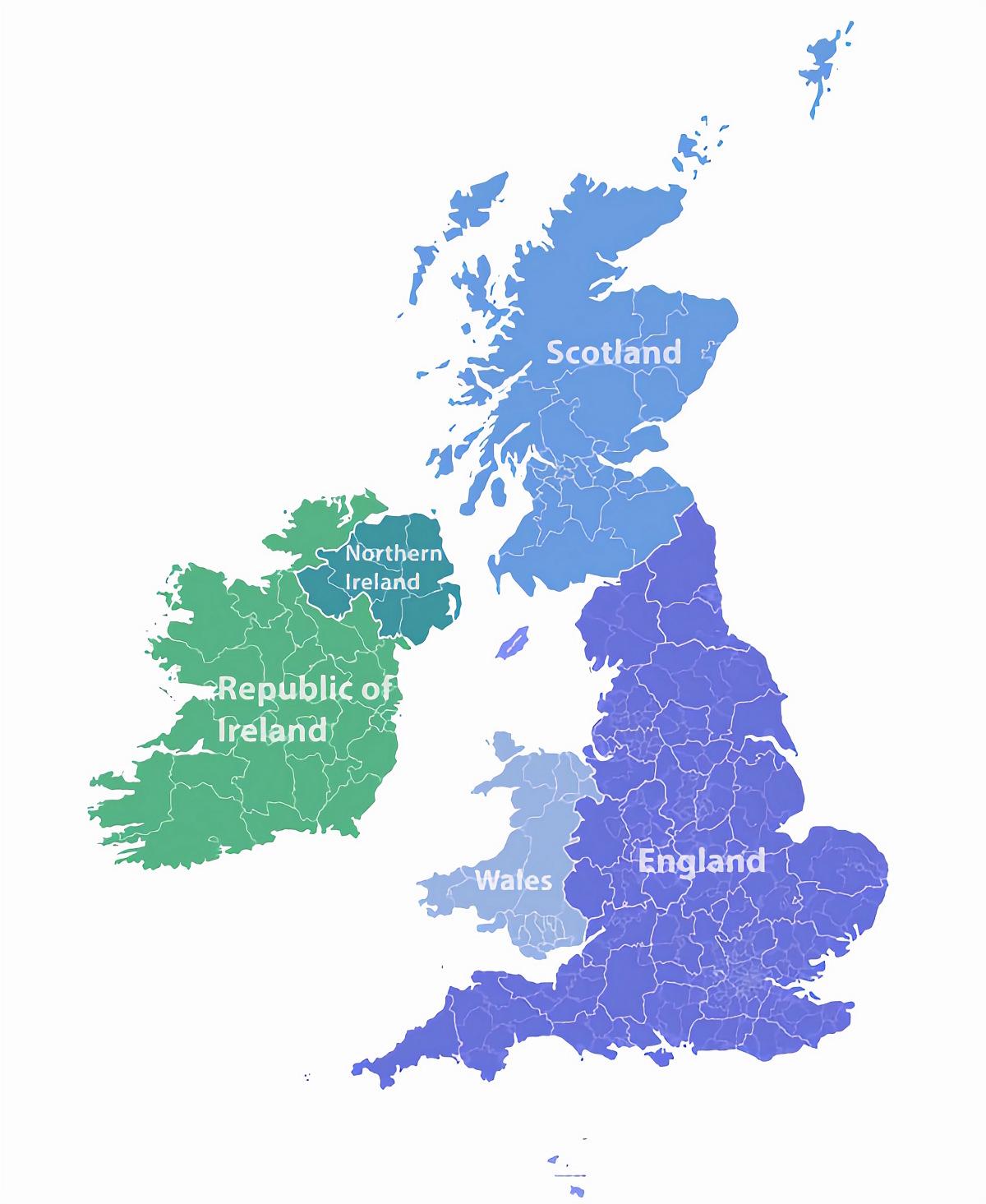
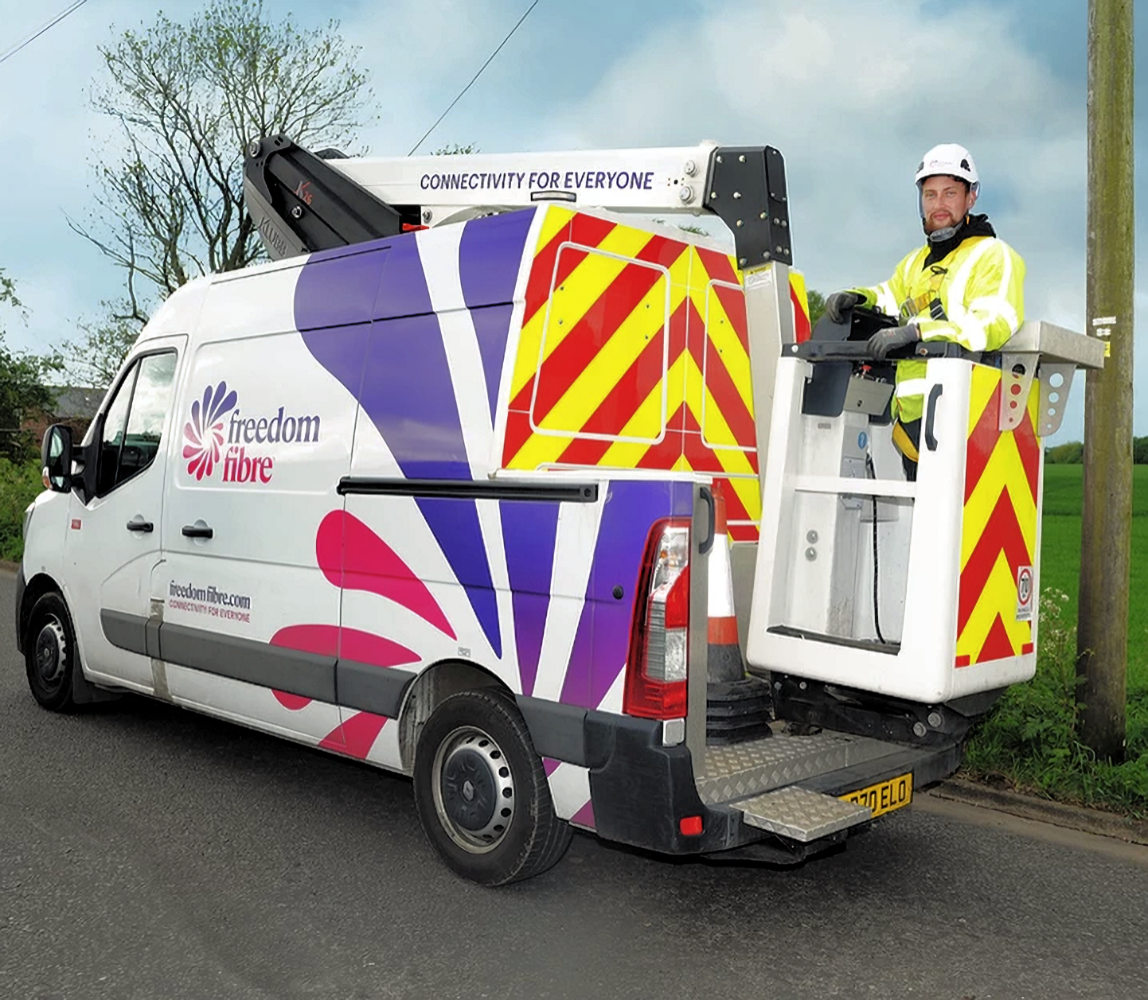

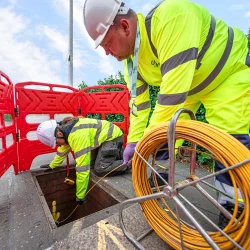
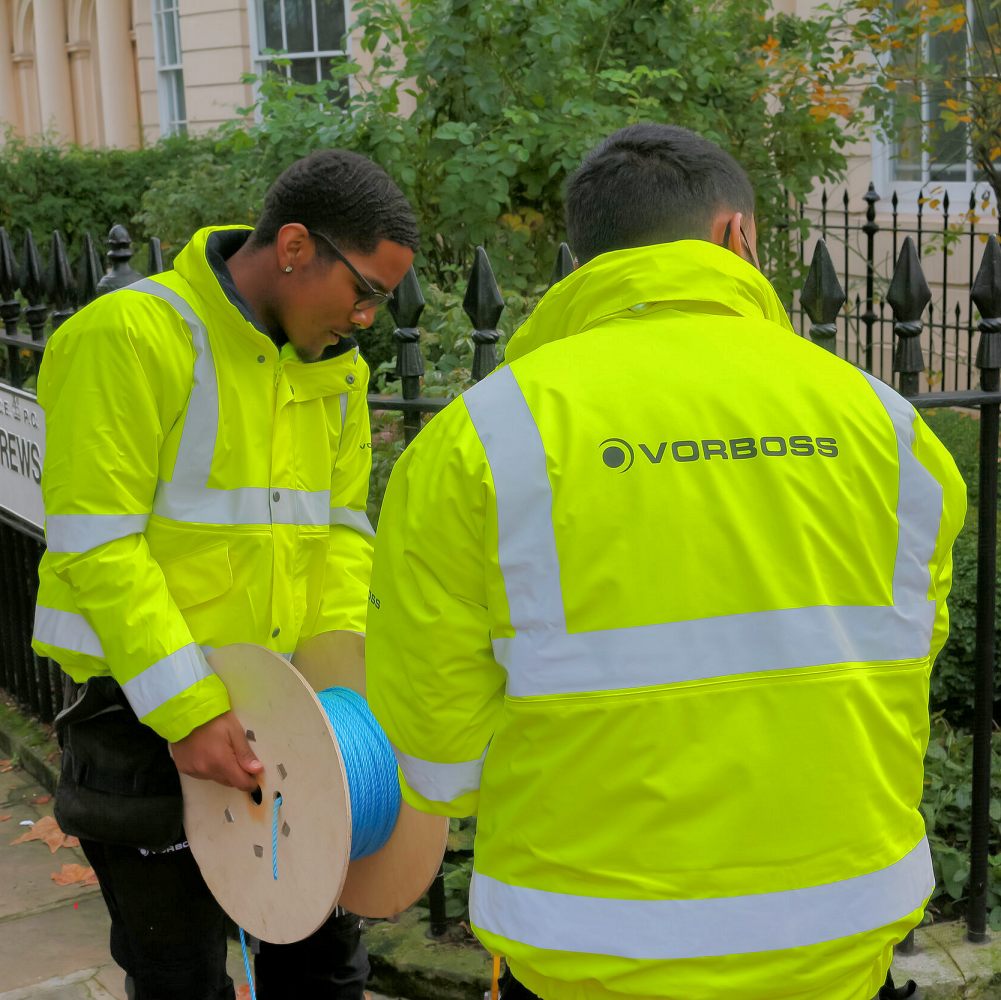


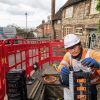








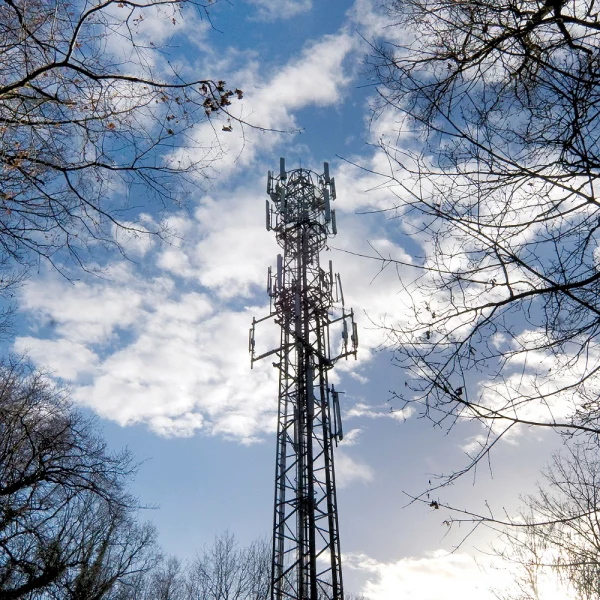
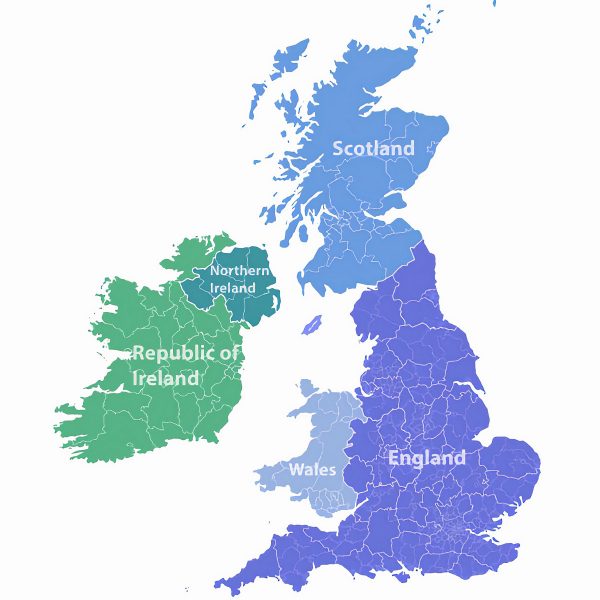
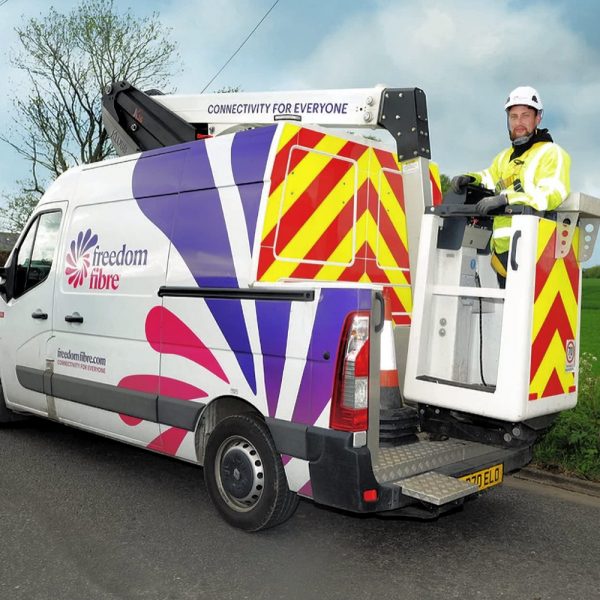




































Really interesting interview, thanks for posting. I would personally disagree with Steve’s view that 5G / wireless is a suitable alternative to direct lines to each home. I feel like it could be a similar situation to FTTC, which at the time may be enough for the needs of it’s time but will be found outdated eventually and need complete rework. If the likes of WFH, online meetings etc. become more permanent for many, there may be a risk that ping and consistency could become the new bottleneck and wireless may eventually be too unstable to keep the consistent ping needed. Hopefully not to incite any political arguments but I do feel that there should be a government incentive to provide a utility line or duct to each home that multiple ISPs can choose to make use of to at least provide some sort of direct line service.
Also interesting to hear about the need for more skilled engineers, it’s actually a career change that I consider making every so often. I’m curious if there are plans for the likes of Openreach to begin recruiting trainee engineers again sometime soon, although given the current pandemic it makes sense that they aren’t quite at the moment.
Personally, I have no interest in a 5G signal as a replacement for a fixed line. The consistency provided by wireless access isn’t enough for my requirements. But hardly anyone I know connects their home network up via Ethernet. It’s all laptops connected to WiFi. With the rise of unlimited data packages some don’t even bother switching their phones to WiFi at home.
For the vast majority of the people, they don’t really care as long as it’s “fast enough”. 50-100Mbps download is more than enough, all that matters is if they can get a good signal. If they can, fixed line access can be replaced with 4G/5G for many people, until there’s a compelling reason for everyone to need a reliable 1Gbps of bandwidth. Such a requirement is hard to see coming any time soon.
If you need reliability for gaming, online meetings, or just general WFH then fixed line makes sense. For the average person who wants to do internet browsing and watch some Netflix, I can see a case where a large portion of the population won’t pay for fixed line, which makes rollouts uneconomical.
Fixed line (wet bit of twisted aluminium pair) can be far less reliable than a Fixed Wireless Access service!
Many in rural areas only get a few Mbps on their land line. Service is very unreliable when speeds are low as there is no margin for noise. So the service will drop out, often daily and more at peak times.
FWA, 4G, 5G, Docsis, full-fibre all have their part to play as not one solution can fix the UK’s Internet issues quick enough.
FTTH is the end goal but it will not be viable everywhere… Some places are still off-grid for mains power and many more don’t have mains drainage.
Wireless is grate until to many sign up for it, there is only so much bandwidth available, where as with a hard-line connection its more or less dedicated connection
less so if its virgin cable docsis but the 3.1 docsis spec will be fixing that eventually (as it have a lot of bandwidth available)
FTTP to every house is probably going to take until around 2030-31 (you can thank Margaret Thatcher for that in 1992 for blocking bt from investing in there own network, they was going to rip out copper and install fttp to every property)
Maybe someone can comment on the growing need for multiple services into a single prem. Home Working, and remote offices drive different needs than residential services, especially around security, reliability, multi site networking and financials. I see a perfectly acceptable competitive overbuild
Model where two services from different suppliers would be required to serve these needs at one location. Today this isn’t really viable with only a single copper pair per household. And given potential ‘benefit in kind’ issues arising from it may mean these need to be kept separate (expenses allocation). Should make for interesting business development opportunities.